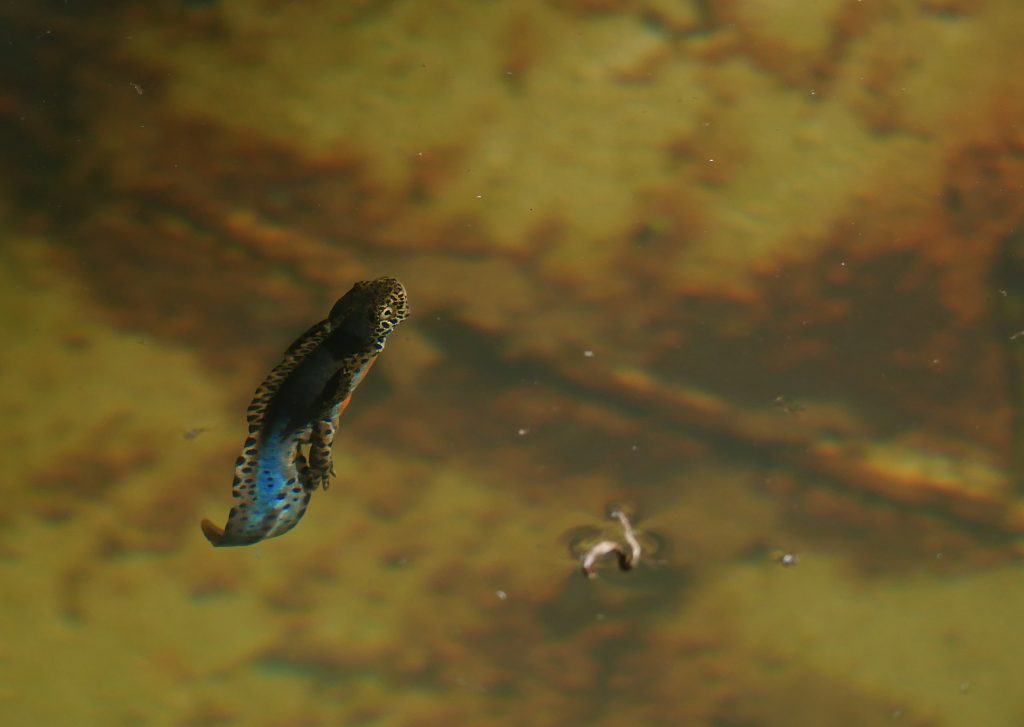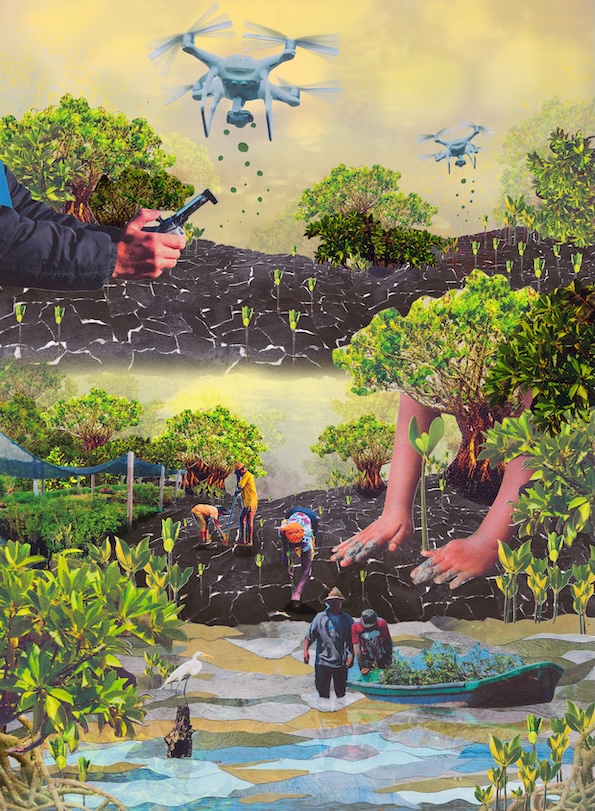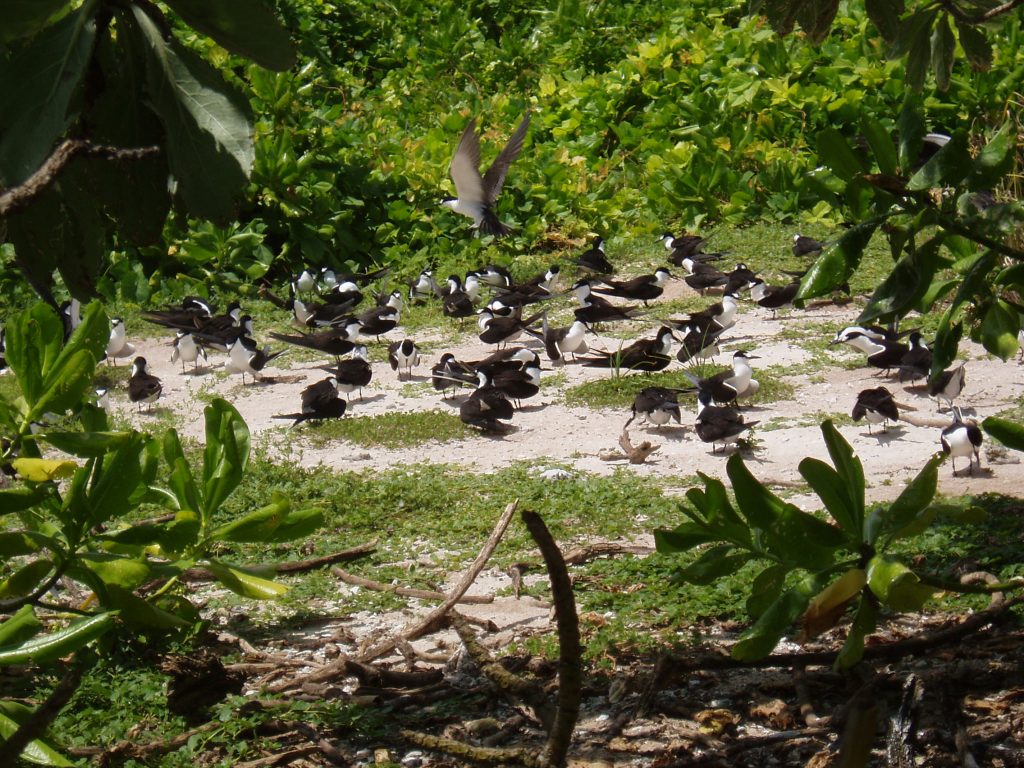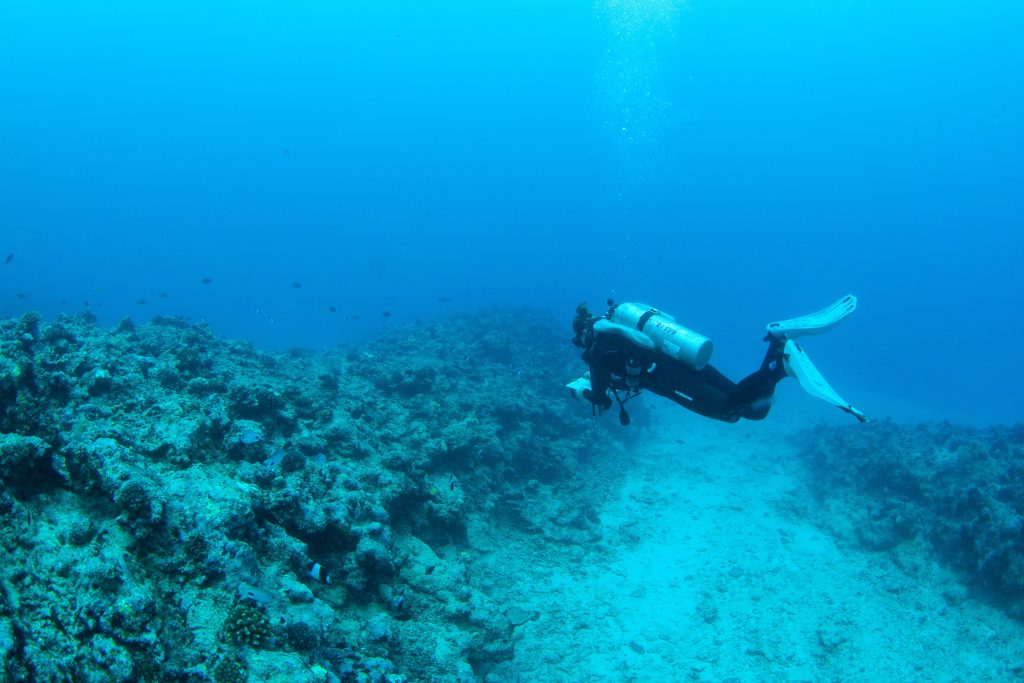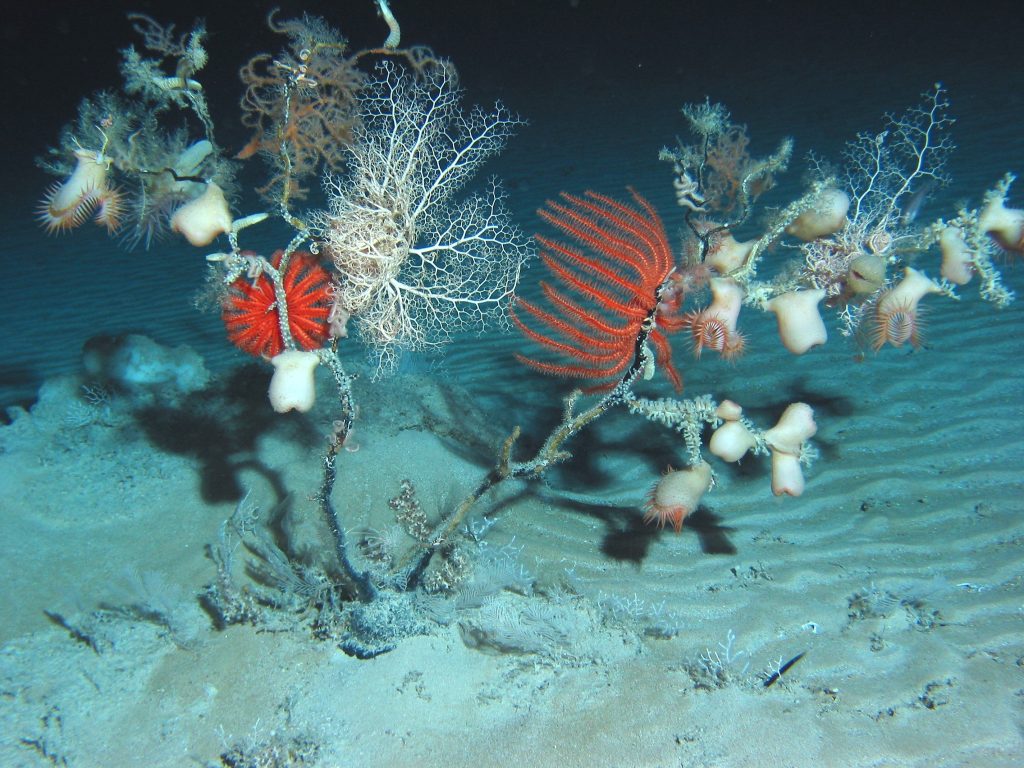Due to increased wildlife crimes like resource extraction, land conversion, poaching, etc., there has been a dramatic rise in state-directed and state-authorised forms of violence in support of conservation. The controversial ‘shoot to kill’ policy implemented by the government of Botswana recently to combat poaching aims to be an effective deterrence to poachers when implemented alongside long-term conservation management interventions. These acts of violence are characterised as green militarisation or green violence. Though there had been state-authorised violent defense of biodiversity earlier in global history, the current scope and extent are unprecedented. The researchers ponder how the term ‘green wars’ may be appropriate to signify the intensification of violence and the change in environmental governance.
The researchers acknowledge that the term ‘Green Wars’ has different meanings associated with it rather than just a violent tool against wildlife crimes. In her book, ‘Green Wars: Conservation and Decolonization in the Maya Forest’, Megan Ybarra explores how it has become another tool deployed by the government and the military to further marginalize the indigenous populations by exiling them from their villages and farming livelihood and taking away their identity.
Conservationists and agencies are divided on the use of violence to achieve biodiversity conservation. Though there are advocates questioning the morality of the whole act, there is a significant number of people who perceive it as a necessary evil to combat the increasing and intractable wildlife crimes. Many major NGOs including Big Life and Anti-Poaching Foundation, and celebrities like Tom Hardy, Prince Charles, and William find green wars or green militarisation as the panacea to all the conservation crimes. Thus indicating that the concept of green wars to be the potential twenty-first-century ‘realpolitik’ towards conservation.
Buscher B, Fletcher R point out that there is and has been an intensification of pressure on environment and biodiversity and on the actors to save, govern, or guide and ‘green wars’ is the material, symbolic and political expression of it. The political ecologies of green wars indicate how violence is employed to create political acquiescence and undermines the goal of conservation of biodiversity. It denotes the role of structural and cultural violence which also pertains to the concept of green wars.
The research argues that the concept, ‘green wars’ comes under an overarching framework where various other concepts and issues such as green-grabbing, biopolitics, violence, security, etc. are to be discussed as well. Due to the ever-increasing wildlife crimes and the intensification of pressure to act on it, the green wars concept and the framework it belongs to should be analysed and researched further.
Further Reading
Buscher B, Fletcher R. Under Pressure: Conceptualising Political Ecologies of Green Wars. Conservat Soc 2018 ;16:105-13. Available from: https://www.conservationandsociety.org/text.asp?2018/16/2/105/22515

